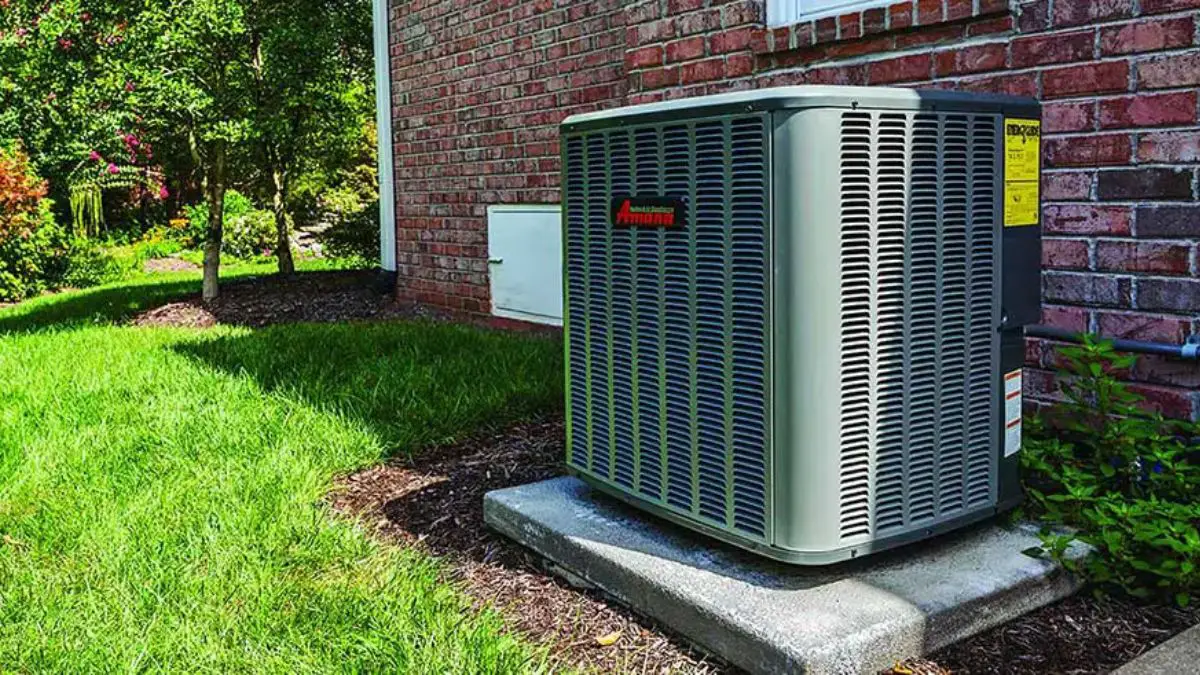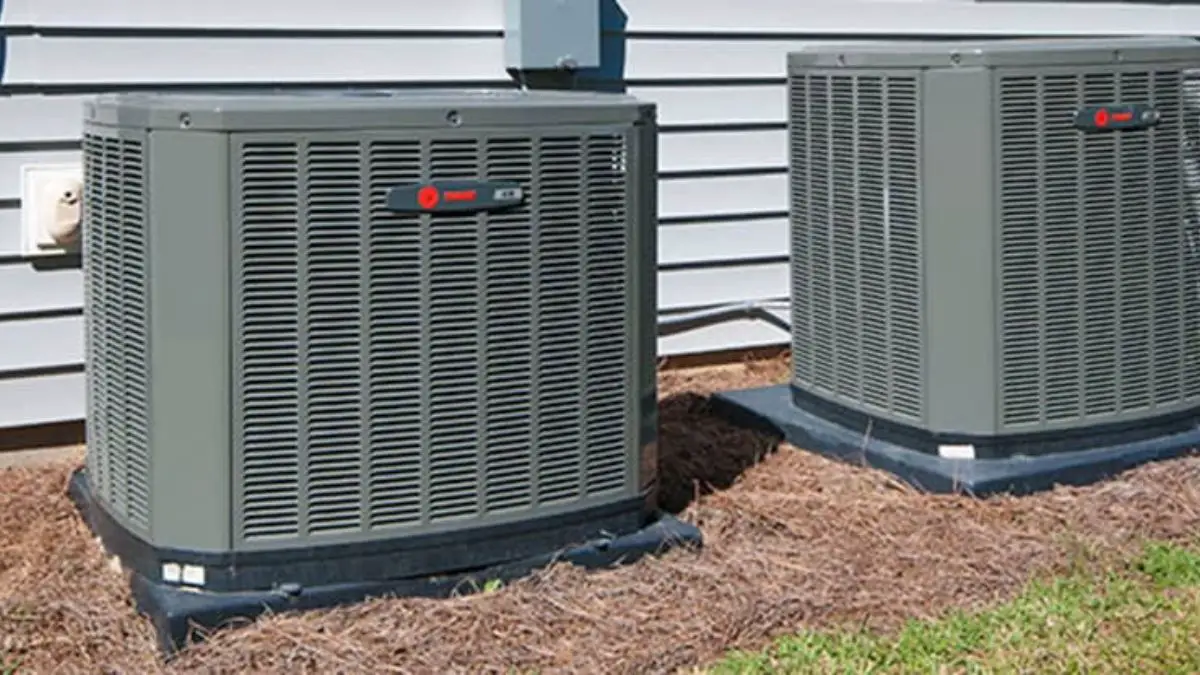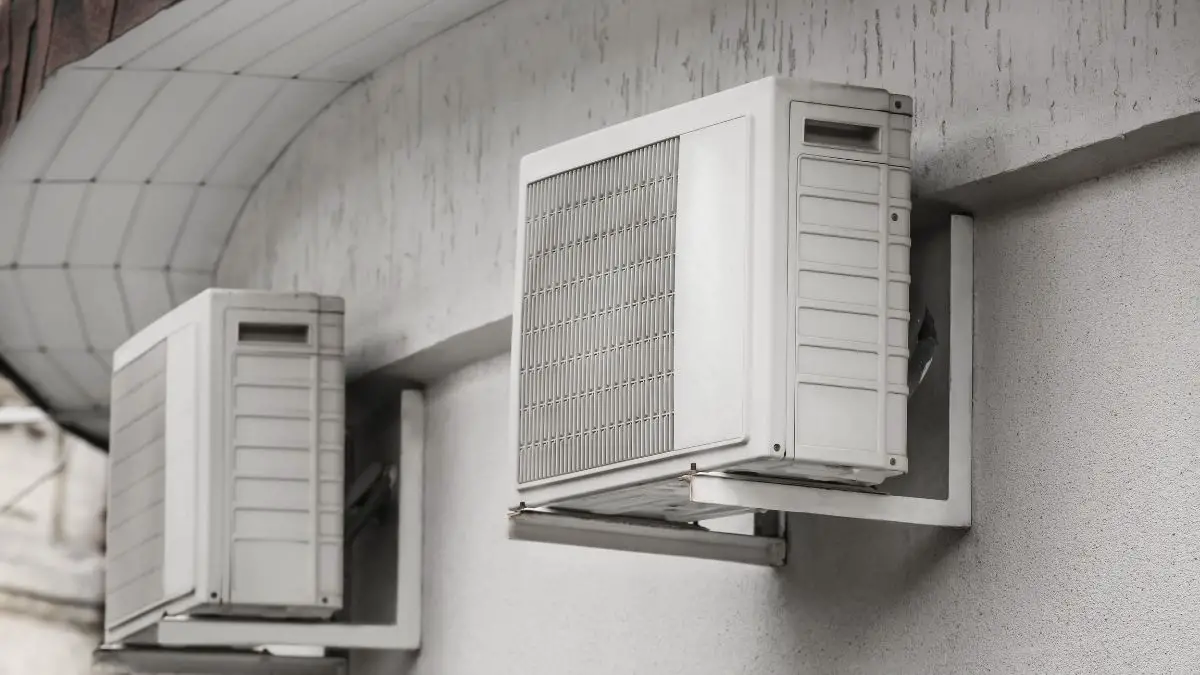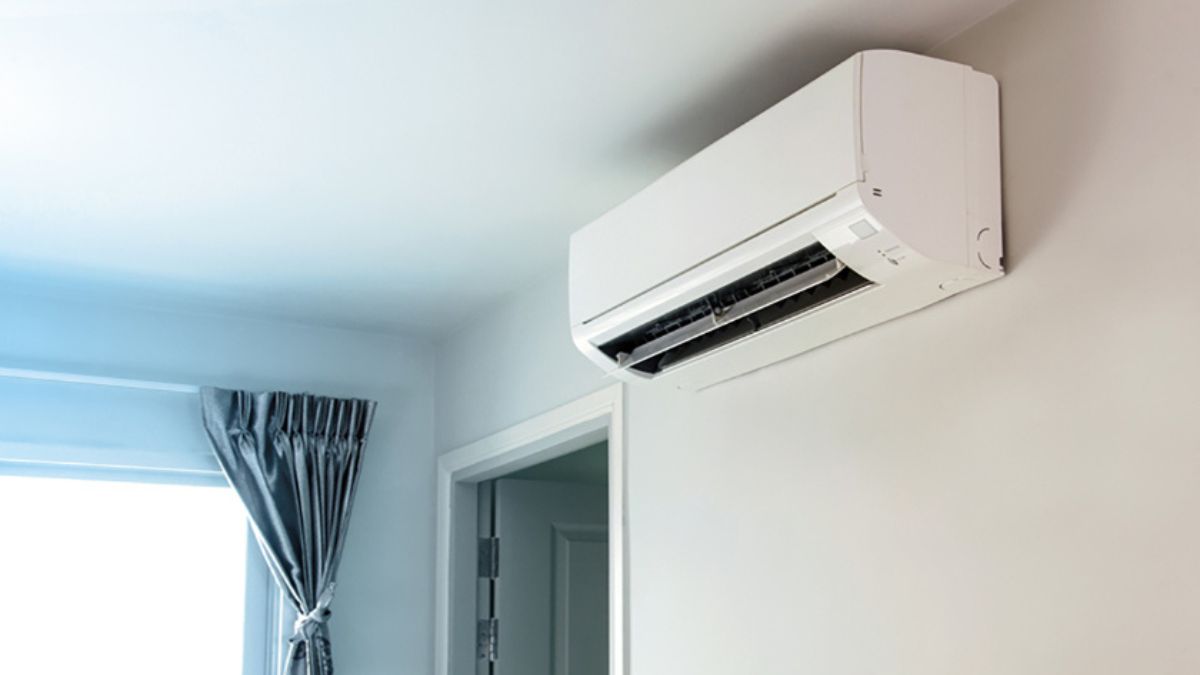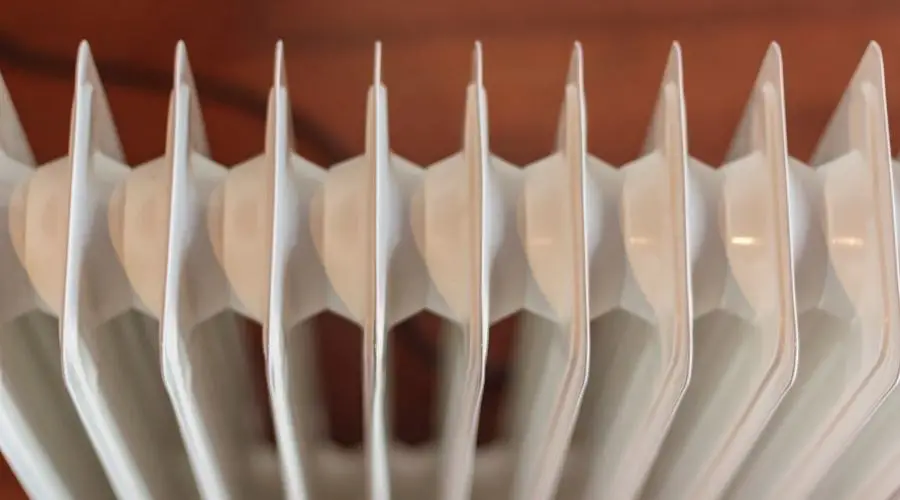
When looking into something to warm your house up for the winter, you found out that oil heaters are relatively popular due to the ability to leave them on overnight and their energy-efficient qualities.
Keeping that in mind, you just received an oil heater, and it is your first time using it, but you notice that it gives off a click every once in a while. Why does your oil heater click, you may ask? Well, let’s find out.
When you hear popping, crackling, or clicking noises as your space oil heater heats itself, it is due to the expansion of the thermal fluid, where heat is transferred over to whatever is allowing it to create higher temperatures.
On the contrary, it could mean that the oil heater may malfunction soon, so if on the off-hand chance that it does not stop after the heater is heated up, or if you smell any burning with the wires or hot copper, then immediately shut it down and unplug the convector.
There are many things to learn about oil heaters, especially if you are a newer homeowner deciding which is best for your household. We will go over why oil heaters click more in detail and how we can resolve this issue.
Keep reading to find out more information on what can be done if an instance were to occur and if there is anything you can do about the initial clicking in the first place.
Why Does My Oil Heater Click?
Although we went over why it clicks, it is necessary to go over all of it in more detail so that you are entirely aware of what may or may not happen. However, all of the possible reasons for oil heaters clicking are:
Initial Sounds:
- Air bubbles: As you maneuver the oil heater around, the oil can shake, which essentially causes bubbles to form due to the air coming into its space.
When it gets heated up, the bubbles get larger and burst, making a clicking noise. The good news is that it will stop once the heater is turned off and can be solved when you place it on a flat surface. - Tiny metal pieces: During the heating process, microscopic metal components may cause popping but should stop once the radiator warms up.
- Water and oil mixture: When you assemble the radiator in humid air, water vapor gets into the heater, creating a crackling noise. When it is turned off, the water is cooled, and the water is condensed more.
When you turn it on, the water goes to a boiling temperature, which makes a sound. Once it is vaporized, the sound should stop.
Continuous Sounds:
As mentioned above, there can be a negative if the popping continues to happen after the initial heating itself is completely done. This could be due to an electrical connection and is extremely dangerous.
Never attempt to use the radiator if it continues to pop, as this could short circuit and cause a fire. If you smell burning from the wire or hot copper, turn it off in its entirety and unplug it to ensure nothing else is going to happen.
Is It Normal For Oil Heaters To Make Noise?
It is entirely normal for these noises to occur, such as gurgling or popping sounds. This means that the metal and oil are both warming up, which is a good thing, as it is a way of telling you that the room will be warm and cozy soon.
Thankfully, oil radiators require little to no maintenance. You turn off and on the switch. Some convectors come with a temperature setting that you can choose from.
How To Fix An Oil Heater Issue
With all negative things, there is usually a solution, right? In this case, it is essential to fix the problem before it becomes anything significant.
That said, the electric contacts from the power switch start to burn when turned on. If you drag the cord while moving the heater, electrical connections can loosen up where it connects.
It is important to note that the oil being used will not explode, so all of those worries about if they may explode or not should get out of your head immediately. You can safely leave them unattended, unlike many other radiators.
Just make sure you look for an oil heater with overheat protection or a tilt switch so that it can turn off whenever it starts to overheat.
However, ensure there is no oil leakage due to the damaged casing. There will typically be a visual if this were the case.
Resolving The Issue At Hand
If you see that the copper wires have a reddish-pink shade, the oil radiator is overheated. Also, if the power cords look burned or blackened to you, this is due to overheating.
When fixing the issue, check the connection’s security and clean the wires if they are not damaged. If the wire has become too weak, then a replacement is needed. With the copper, make sure you renew the welded steel contacts.
If none of the above circumstances work, call someone specializing in repairing heaters or take it in to get fixed. They can identify the exact cause and make the malfunction go away entirely.
On the contrary, you can fully replace the convector to save you the trouble if you wish to go that route. It may be more cost-effective to get an entirely new one than to have someone fix the issue.
Other Ways To Fix Your Oil Heater
It is not just because of the wiring that your oil-filled heater may not be working. Here are some other resolving issues that might come in handy for you:
- Check the power switch: If the main power supply is still working, check to see if the switch is working properly or not. It can easily be done by connecting something else to the switch and seeing if it works.
If it does not, then there is an issue with the main power supply of that socket, and it needs to be repaired. - Make sure no fuses were blown: Unplug your heater and check the fuse box for any blown fuses that might have been caused. You are going to replace or restart the fuse. Plug your device back in after doing this.
- See if the auto shut-off turned on: Many heaters have an auto shut-off button, which means that if it gets too hot, it will automatically turn off. If this is the case, you may have to wait a bit to turn your heater back on.
How Do I Stop My Heater From Clicking?
Not everyone likes the clicking noises that oil heaters make, even though it occurs for the first few minutes. If you are used to a home with little to no noise, it can be relatively frustrating to deal with overall.
The truth is, you cannot necessarily stop it from ticking since the heater in itself is enclosed. Nothing can get out of it (except if there were a crack on the casing itself), but one solution can be to leave the room as it heats up, so you do not have to hear it anymore.
Do Oil-Filled Heaters Work Well?
Many benefits come with oil-filled heaters, but do they work well, and what are the pros and cons? In short, they work relatively subtly, as it heats an area very nicely.
Smaller rooms will always work better in terms of heating since it is little than an open space area. Still, these radiators allow radiation to diminish throughout the generalized area.
If you are to place an electric oil heater in a moderately larger room, close all doors and windows to ensure a better experience in terms of warmth.
Advantages & Disadvantages Of Oil Heaters
PROS:
- Heat lasts a long time: Once the oil gets hot, rest assured it will remain hot for quite a while.
- Silent: After the initial cracking, you should not hear a peep from oil heaters, so if you can handle sound for a few minutes while it gets to work, then after a few minutes, you can assure the sound will be no more.
- Saves on energy: Oil heaters stay hot for quite a while, so once the area is heated up, you can always turn it off, saving a ton of energy.
- Heats larger rooms: These radiators generally do a great job heating a larger space.
- Useful if you have allergies: Many other space heaters work on using air circulation, which can be harmful if you are hypersensitive to the areas surrounding you. Since oil radiators do not emit blowing air, it is much better for allergens.
CONS:
- Price: In short, oil heaters cost relatively more than other heaters due to how tightly sealed off it is. They are also designed with an automatic shut-off technology and an anti-tip system, and the repairs on these objects are relatively expensive. You can find a portable oil heater for roughly $65 to $300, depending on what you get.
- High surface temperatures: Since the case is not enclosed, some brands tend to have higher temperatures to the touch than others.
Technology has advanced a lot since then, so this may or may not happen. However, be mindful of this when you have animals or smaller children.
- The size can cause inconvenience: Because of how large they are initially, it can cause an inconvenience, especially if you have a smaller apartment or home with limited space.
- Heats up more slowly than others: These heaters do an excellent job at heating the area, but it will take a hot minute for them to get to where they need to be in terms of warmth and comfort.
If you walk into your home and it feels relatively cold, it may take roughly 30 minutes for the portable heater to heat the entire area.
Final Thought
In summary, oil heaters click because of the air bubbles when you maneuver it around, water and oil mixture from initially installed, or tiny metal pieces that go into the oil itself.
However, this should not be an issue. The only problem is when it continues to do so, and in this case, get a professional involved or replace the item entirely. Overall, portable oil heaters are perfect for anyone, so get yours before the winter season comes!


